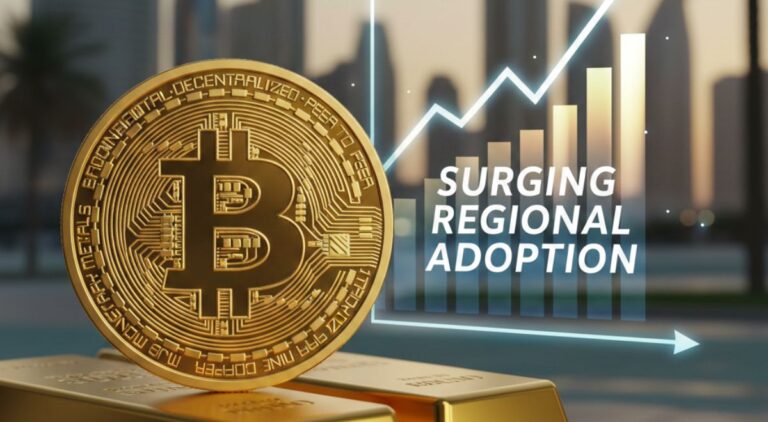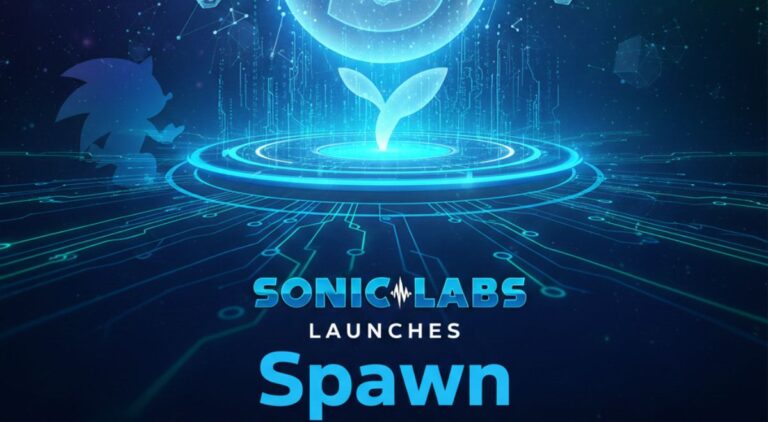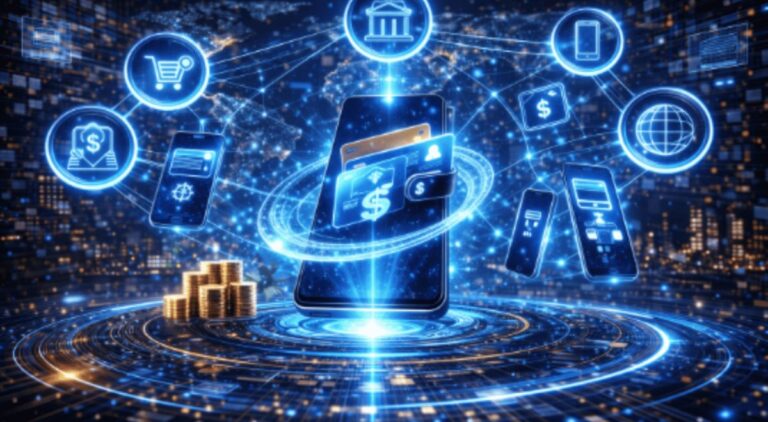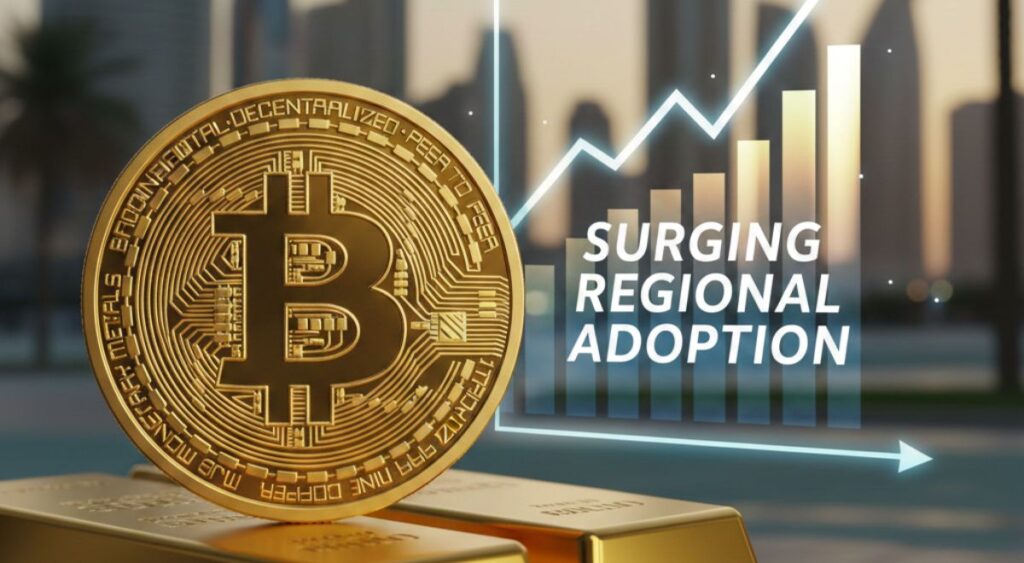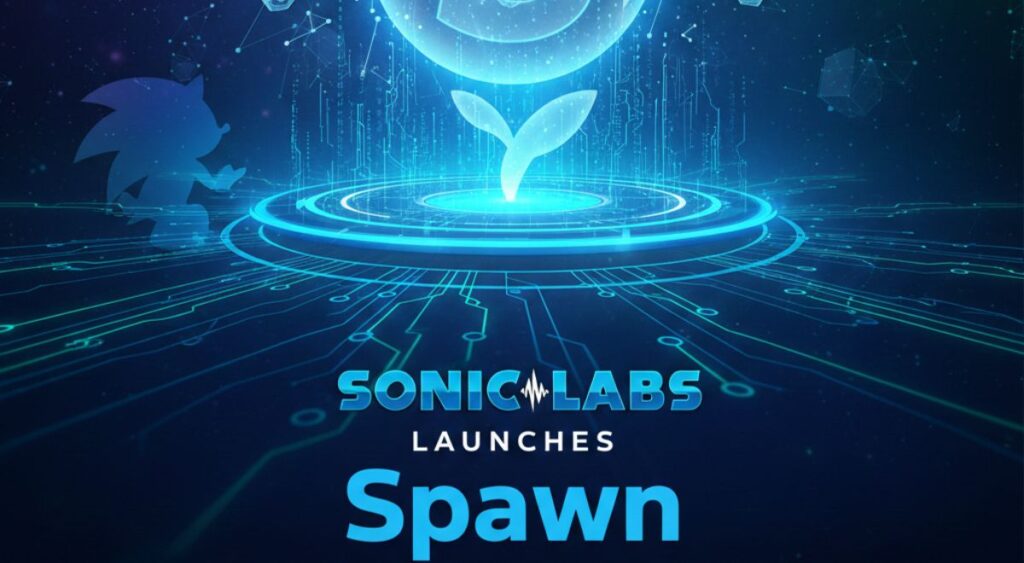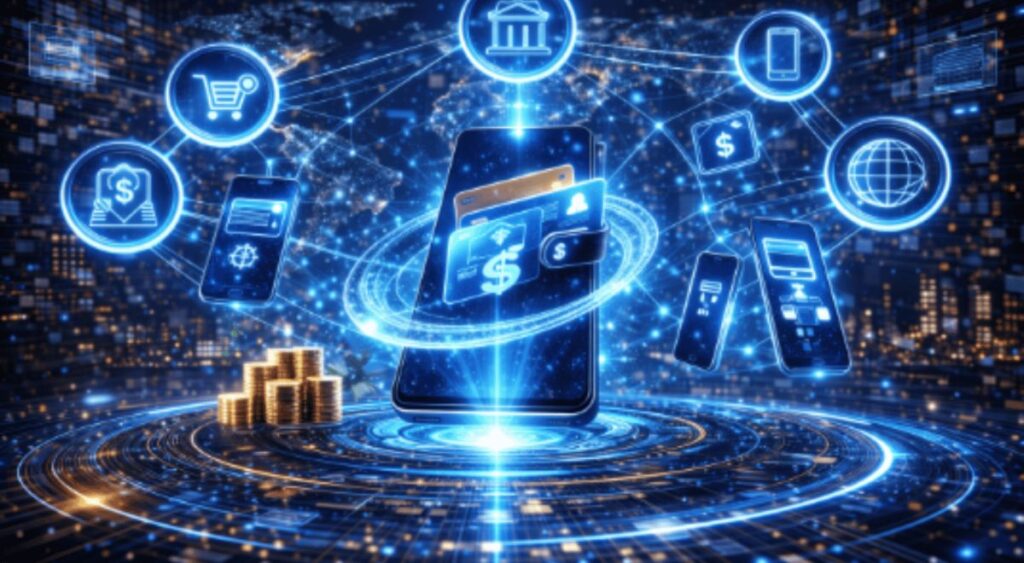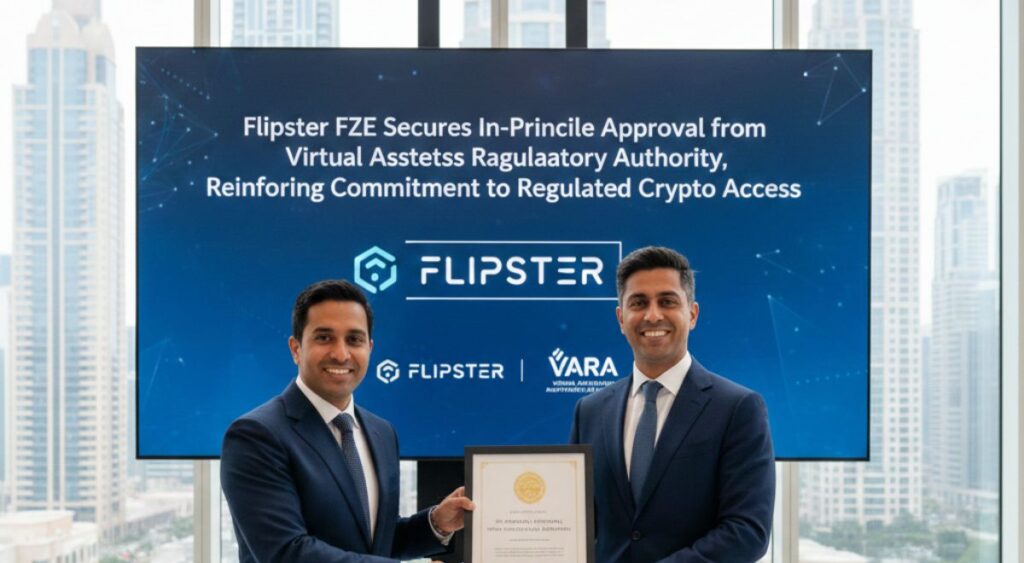The Middle East healthcare market records a robust growth rate of 10%, which is twice as fast as the global healthcare market. Dominated by key players such as UAE, Saudi Arabia, Kuwait, Iran, and Israel, these countries make significant investments in the Middle East healthcare market. The healthcare landscape features advanced medical equipment and a pool of highly qualified staff, meeting the increasing healthcare needs of the local population. Globally, digital healthcare is on the rise, driven by advancements in IT technology and the emergence of NFTs.
Anyone who has been using the Internet must have come across NFTs. Non-fungible tokens (NFTs) digital tokens represent ownership of unique items. NFTs are securely kept on a blockchain. In the last few years, NFTs have gained ground in many every industry, including arts, real estate, etc. The healthcare industry has not been left out, as NFTs can revolutionize the sector.
NFTs in Healthcare
NFTs allow for the development, sharing, and safe storage of distinctive health data. Health data can be tokenized to provide each patient ownership and control over their unique health data, such as fitness levels measured by apps or medical records. Each patient can own, store, and share their health data in the NFT format using a health wallet that is accessible via a secure web-based or mobile application, just as the trading of cryptocurrency is made possible by mobile wallets. This method of managing data assures high levels of security and privacy in addition to being easily accessible.
Benefits of NFTs in Healthcare
Accessibility
Another benefit of health NFTs is that patients no longer need to go to medical institutions that may not easily provide precise data since they can access the decentralized, tokenized data whenever and wherever they are. Patients can contact a new healthcare practitioner and view their medical data conveniently and in real-time by switching physicians or healthcare facilities without any hassles. Health NFTs make it easier to tokenize a person’s data, which includes things like fitness levels measured by fitness apps and health records.
Transforming Patient Empowerment Through NFTs in Healthcare
With NFTs, Middle Eastern healthcare providers, research facilities, insurance providers, and governmental organizations can safely store and distribute patient data when required. Patients would have full control of their health data by managing it as NFTs, and they would be responsible for keeping it safe and sharing it as required. This strategy guarantees that each person provides accurate and thorough health information, encouraging proactive involvement in their health path. Such active participation can lead to long-term improvements in healthcare outcomes. Healthcare information might become more flexible if patients are given control over their health data. Adopting NFTs can create a closer bond between the patient and the healthcare practitioner.
Fighting Against Fake Medicine
NFTs can speed up the verification process and help in the continuing battle against fake medications. NFTs create digital traces or a “token ID” that is permanently linked to an item. The information, which stands for priceless digital assets that are constantly updated in real-time on the blockchain, establishes the uniqueness of each NFT. NFTs considerably minimize or maybe eliminate inconsistencies and apparent fraud by establishing an immutable ledger record. NFTs can improve drug tracking’s security and effectiveness while facilitating quick mistake detection.
Ensuring Data Authenticity for Better Research Outcomes
When patients have ownership of their health data, there will be little or no case of unauthorized access and utilization of data in personal health applications and institutional databases. Any stakeholder that wants a patient’s data must get explicit permission from the owner before sharing. In the long run, it grants patients full autonomy over their health information and the discretion to share it for research or other purposes. Moreover, presenting health data as NFTs ensures absolute transparency and accuracy in healthcare research data, as blockchain is traceable and unalterable. This guarantees researchers the authenticity of the data used in their studies, thereby elevating data integrity and ultimately enhancing the outcomes of research initiatives.
Takeaways
This article explored the use of NFTs in the Middle East healthcare. NFTs and the worldwide expansion of digital healthcare can have a big influence on healthcare delivery. NFTs in healthcare promote proactive involvement and possible long-term improvements in healthcare outcomes by enabling people to own, manage, and securely share their health data.
NFTs can put the Middle East’s healthcare industry at the forefront of patient empowerment, pharmaceutical security, and strong healthcare research outputs, paving the path for a progressive future.


